Plastics are found wherever humans are found. They're everywhere and they're the most common form of pollutants in land and water pollution. Plastic wastes affects both man and animals through various ways. Read this article to learn how theses wastes affects us, why and how to recycle plastics.
What are plastics
Plastics are both simple and complex. From house hold items like water bottles, plates, toys, chairs and so on to more complex items like bullet proof glass, DVDs and so on. Plastics can defined as solids which can be moulded and are flexible by heat depending on the thickness and type. Plastics are non-biodegradable so they can be found so many years later in same shape unless they're removed. This means that plastics must be recycled or reused else they stay as pollutants and are going no where.
A few facts about plastics
- The word ‘plastic’ comes from 'plastikos', a Greek word meaning ‘capable of being shaped and moulded
- Credit and Debit cards were first called plastic money in 1969
- Plastics make up a large percent of the Great Pacific Garbage Patch which is a very large floating landfill of garbage in the Pacific
- Around 5 trillion plastic bags are produced yearly. That's about 160,000 plastic bags made every second
- Plastics aren't biodegradable instead they're photo-degradable (meaning they're degraded by light) which is why we see some plastics changing their colour after a long time
- It'll take around 700 years for plastics to start degrading and around 1000 years to be fully degraded
- After breaking down, plastics remain toxic. They break down into smaller toxic bits which are harmful to the environment
- Plastic bags are produced using petroleum, natural gas and other chemicals meaning that they're toxic from production
- Most marine animal mistake plastics for food. This causes their death
- A sperm whale was found beached in California in 2008. It died due to more than 22 kilos of plastic in its stomach
The facts above makes you sad. Right? Does this mean that all hopes are lost and there may not be any solution to our plastic problems? Well, there are solutions for us but we all have to work together as one to solve this problem. The solutions are Reducing, Reusing and Recycling.
Reusing
Plastic bags can be used as drop cloths
When painters are working, you'll notice that some of the paints drop on the floor. Spreading plastic bags across the work area can save the painters the stress of washing the ground after work
Lids and covers of plastic bottles have lots of uses
- Counters so children can learn quick maths
- Building blocks for children
- Decorations. You could paint the top with your desired colour or artwork and use the lids as decorations to your walls or wherever applicable
Funnels
Use old plastic bottles as funnels. Most Nigerians use plastic bottles when they put petrol into their generators
Poop scoop
Plastic bags can be used to scoop pet poops instead of rolls.
Toys
Plastics have different ways they can used as toys. Here are a few photos
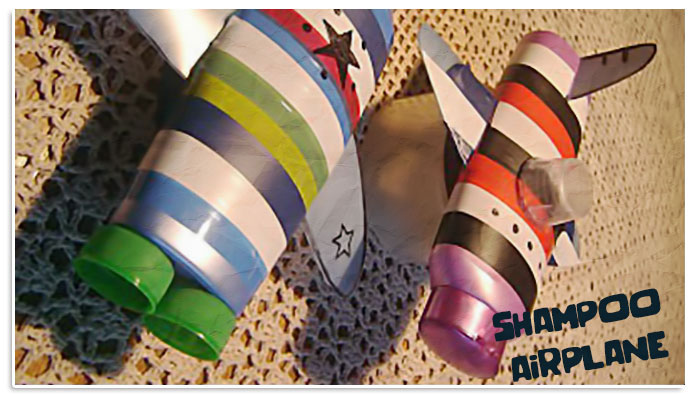 |
| Aeroplanes |
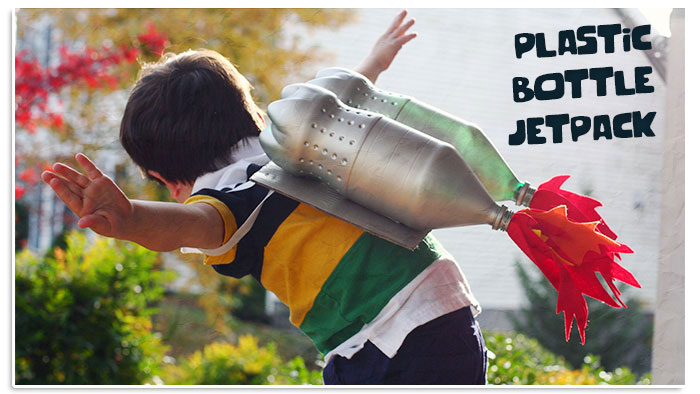 |
| Jet packs |
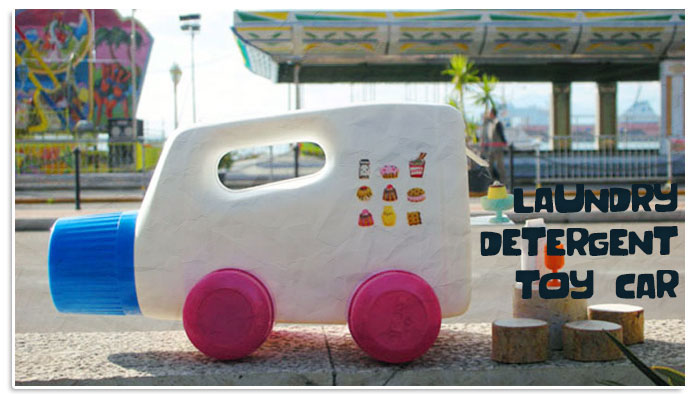 |
| Toy car |
Sprinklers
Plastic bottles can be used as sprinklers by poking holes into them and fixing them at the end of water hoses.
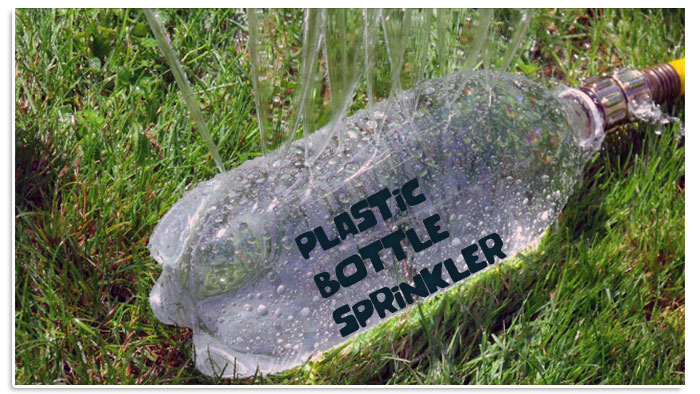 |
| Sprinkler |
Plant Nursery
Plant Nursery is a place where seeds are germinated and grown into appropriate sizes before transported and planted in a more preferred location. You can use plastic bottles as grow cubes.
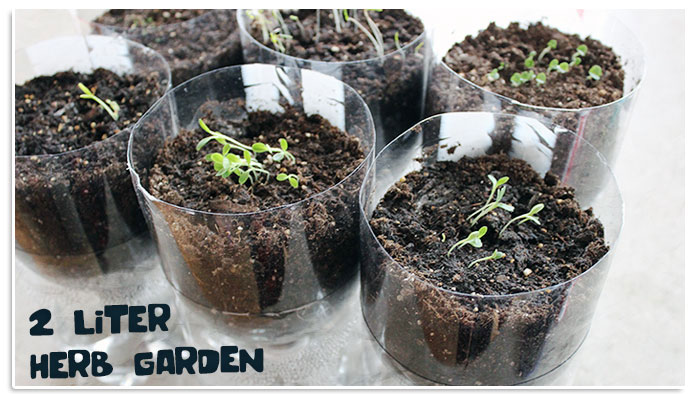 |
| Grow cubes |
Fuel containers
Instead of going to the market to buy containers to store fuel, use those containers from Oils (red, vegetable) you bought earlier.
Recycling and Down-cycling
Some countries are building recycling industries. Both governmental and private firms take recycling seriously. Plastic recycling means producing materials from old plastics (e.g a plastic chair can be recycled into other chairs, tables, etc) while down-cycling means producing materials of less quality from old plastic materials with greater qualities (e.g a plastic chair can be down-cycled into plastic bags or bottles). There are different processes of recycling. They include
Thermal depolymerization
Since plastics are produced from petroleum, the 'de' in depolymerization implies that petroleum can be manufactured from plastics
Heat compression
This implies gathering plastics of different types, heating and stirring them inside large rotating drums known as tumblers.
Other processes
There are other processes to recycle plastics like compatibilization which requires use of special chemical bridging agents compatibilizers to use plastics as carbon source to recycle scrap steels.
Reduce
The best solution to the plastic problem facing the world today is reducing. Plastic reducing can be defined as the actions we take to reduce the use (demand) of plastics therefore reducing the production (supply). Here are a few ways we can reduce
Reusing
Reusing plastics around us can reduce our demands for them. We could take our own bags to the market instead of requesting for new bags
Co-operation with shops that are going Eco friendly
Some shops may not give you plastic bags or may give you substitutes. Instead of complaining, let's know their reason and support it
Other ways
Instead of just throwing that plastic bag away, we could use it to carry other wastes. This will even reduce the amount of money we spend in buying waste bags
Conclusion
Plastic problem is worldwide issue we all need to solve. Applying the three Rs which are Reuse, Reduce and Recycle can help solve the plastic problem. Saving the world, apart from being a general issue, should also be a personal issue. Read
What about the Earth? Why save it? What can we do? for the general Earth problem.
References:
- https://www.express.co.uk/life-style/top10facts/556136/Top-10-facts-about-plastic
- http://www.theworldcounts.com/stories/interesting-facts-about-plastic-bags
- http://www.scjohnson.com/en/green-choices/Reduce-and-Recycle/Articles/Article-Details.aspx?date=12-08-15&title=Ten-Uses-for-Plastic-Lids
- http://www.scjohnson.com/en/blog/blog/post.aspx?date=16-01-04&title=10-Creative-Ways-to-Reuse-Plastics
- https://www.budgetdumpster.com/blog/diy-plastic-bottles-recycling/
- https://en.wikipedia.org/wiki/Plastic_recycling










Thanks for this wonderful post. I learnt a lot
ReplyDelete